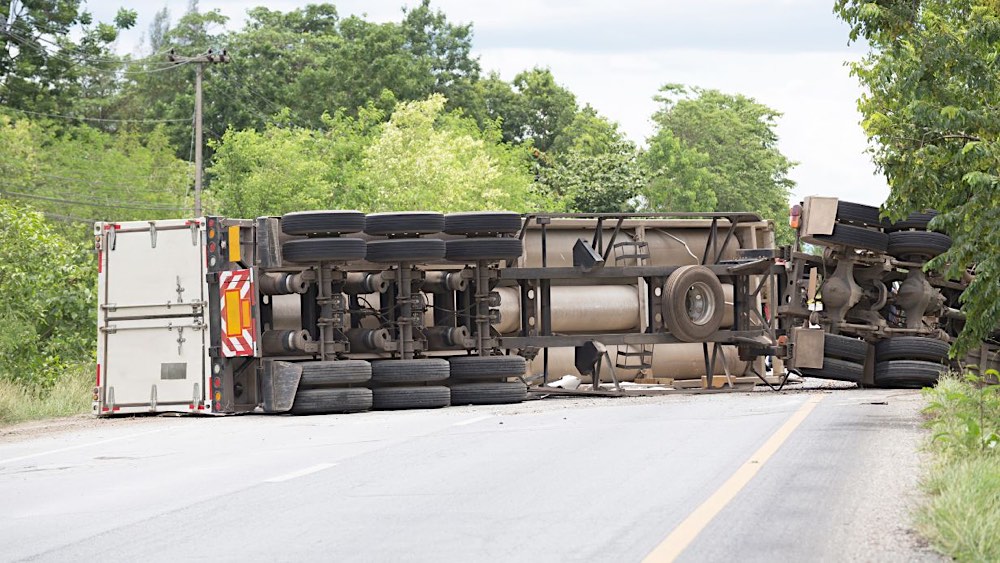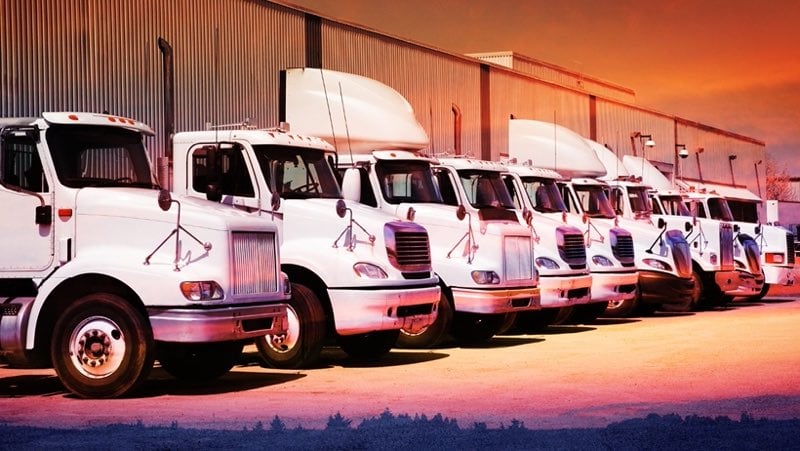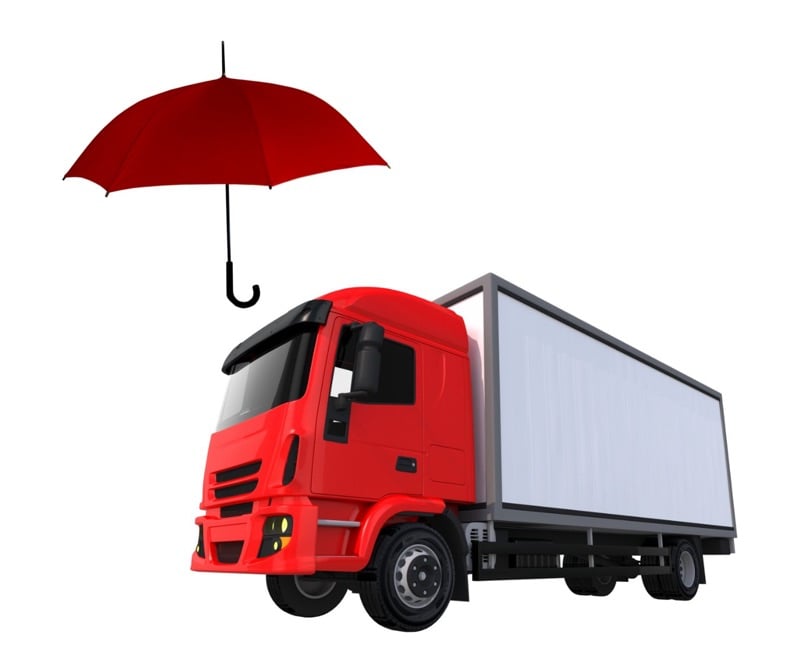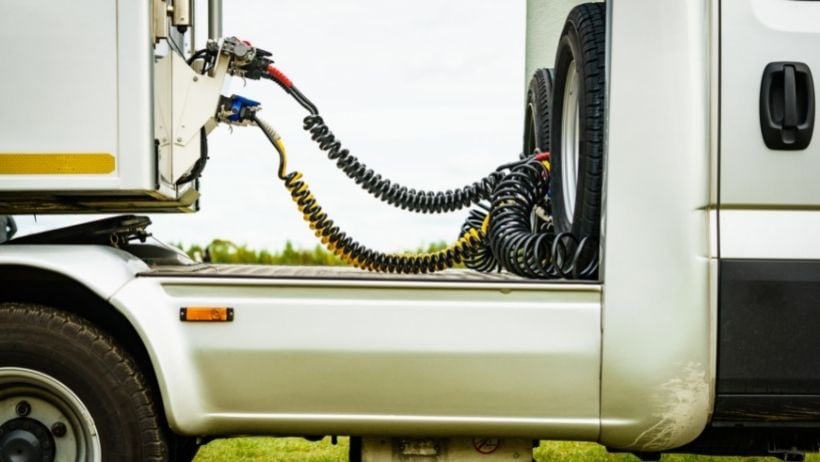 When we think of ways to lower the number of claims to reduce Commercial Truck Insurance costs, most people probably think about minimizing the risk of accidents. This makes sense because trucks are bigger, which means it takes them longer to stop and can cause more damage than a passenger vehicle.
When we think of ways to lower the number of claims to reduce Commercial Truck Insurance costs, most people probably think about minimizing the risk of accidents. This makes sense because trucks are bigger, which means it takes them longer to stop and can cause more damage than a passenger vehicle.
However, another hazard truck drivers face isn’t so obvious – the long hours they spend sitting in tiring, restrictive, or uncomfortable postures. “Researchers have associated sedentary behavior with approximately 35 chronic diseases and conditions,” according to Truckers News. Chronic conditions include obesity, sleep apnea, poor circulation, accelerated biological aging, nonalcoholic fatty liver disease, and peripheral artery disease.
A National Library of Medicine (NLM) study of long-haul truck drivers found that 69% of respondents were classified as obese, which increases the risk for many severe health conditions, such as high blood pressure, type 2 diabetes, coronary heart disease, osteoarthritis, sleep apnea, many types of cancers, mental illness, body pain, and low quality of life.
Another NLM study found that 78.6% of truck drivers have musculoskeletal disorders (MSD). “Musculoskeletal disorders (MSDs) are soft-tissue injuries caused by sudden or sustained exposure to repetitive motion, force, vibration, and awkward positions,” the Centers for Disease Control and Prevention (CDC) reports. “These disorders can affect the muscles, nerves, tendons, joints, and cartilage in your upper and lower limbs, neck, and lower back.“
Optimal Seating Position
Understanding the optimal seating position can help alleviate many health issues by decreasing strain on various body parts. Plus, it can increase driver comfort, increase safety in a vehicle accident, and optimize the visibility of the vehicle controls while driving.
Experts recommend these steps to adjust your seat optimally:
- Step 1: Using the forward and reverse seat controls, adjust your seat so your knees are slightly bent. A two-finger gap should exist between the back of your knee and the seat.
- Step 2: Raise the seat until your hips are level with your knees.
- Step 3: Adjust the backrest so that your back is at a 100-degree angle.
- Step 4: Adjust the headrest so that it is centered with the back of your head.
- Step 5: Adjust the lumbar support control so that it fits in the curve of your lower back
Experts recommend these tips to sit in your seat optimally:
- Sit with your body the whole way back in your seat.
- Hold the steering wheel in the “9 and 3” position. Driving with two hands is safer and causes less strain on the spine.
- Keep your left foot on the footrest as much as possible. This helps minimize strain on the back and pelvis.
- Adjust the seat belt so that it wraps around your pelvis area and not your stomach. This will ensure the most protection in the event of an accident.
Regular breaks and stretching are another critical step in alleviating many health consequences of long-haul driving. The rule of thumb is to take a 15-minute break for every two hours on the road.
Stretching before, during, and after a trip and during regular workouts can also help. “Stretching keeps the muscles flexible, strong, and healthy, and we need that flexibility to maintain a range of motion in the joints,” according to the Harvard Medical School. “Without it, the muscles shorten and become tight. Then, when you call on the muscles for activity, they are weak and unable to extend all the way. That puts you at risk for joint pain, strains, and muscle damage.”
Lower Your Commercial Truck Insurance Cost
American Insuring Group is committed to providing affordable commercial truck insurance. As Truck Insurance experts and independent agents, we compare the cost of your coverage among multiple insurance companies to ensure that you pay the lowest premium for the right coverage.
Call us today at (800) 947-1270 or (610) 775-3848, or connect with us online!



 When we think about factors that increase
When we think about factors that increase 

 A seat belt safety program is a must if you want to keep your drivers safe and your
A seat belt safety program is a must if you want to keep your drivers safe and your 

 Have you ever thought about why you purchased
Have you ever thought about why you purchased  Most truck owners and fleet managers understand the importance of
Most truck owners and fleet managers understand the importance of  The best way to lower
The best way to lower 



